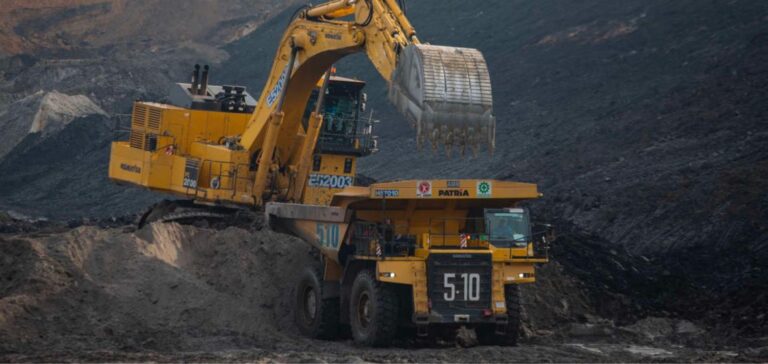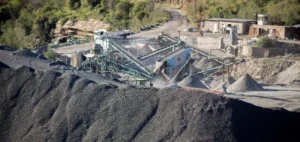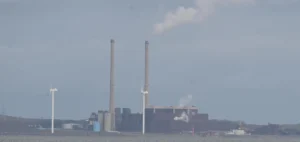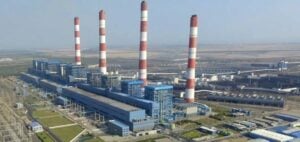Faced with soaring coal prices linked to the war in Ukraine, New Caledonia’s electricity system is threatened with bankruptcy: 80% of the electricity produced in New Caledonia comes from imported fossil fuels and its manager is simply afraid of defaulting.
The Société néo-calédonienne d’énergie (Enercal), a semi-public company in which New Caledonia has been the majority shareholder since 2008, has done its homework: it will be insolvent by the end of the year if no measures are taken to compensate for its deficit, it announced at the end of October.
“The price of coal has increased almost fivefold, and the crisis in Ukraine is also having an adverse effect on the exchange rate for us.
However, all projections show us that the situation will not improve for at least three years,” said the director general of Enercal, Jean-Gabriel Faget, to AFP.
According to Enercal, the consequences of the war in Ukraine should lead to an additional deficit of 42 million euros for the year 2022. This is a significant figure which adds to the company’s overall deficit of 75.6 million euros.
A real headache for the local government, already forced to vote at the beginning of the year an 11% increase in the public tariff, frozen since 2012.
A freeze that has never been compensated by the public authorities to the company.
To meet the additional cost, it would be necessary to “increase the public tariff again, by about 20%”, according to Enercal’s estimates.
A situation that is “unthinkable”, according to Christopher Gyges, the local government member in charge of energy transition, who intends instead to “ask the State for national solidarity”.
New Caledonia does not benefit from the compensation system that allows consumers in the French overseas departments to pay the same price for electricity as in France, despite the additional costs associated with its insularity.
Dependency
In the medium and long term, the local government is betting “on renewable energy to get away from dependence on fossil fuels,” says Christopher Gyges.
For the period 2016-2022, New Caledonia has adopted an ambitious energy transition plan that has enabled the share of renewable energy in electricity production to rise from 10% to 23%.
The territory now has 39 photovoltaic farms producing 178 megawatt hours. 25 new production sites should be built between 2023 and 2025.
“The goal is that the equivalent of public consumption, that is, excluding the metallurgical sector, be produced from renewable energy by 2030″, Gyges adds.
The update of this scheme could be applied to nickel, which has three factories, making the archipelago an extremely industrialized place, considering its population of 270,000 inhabitants.
Some 75% of the electricity produced is consumed by the metallurgy industry and the new text therefore provides for increasing the share of renewable energy in the sector’s electricity supply to 50%.
There remains the thorny issue of storing the energy produced in lithium-ion batteries.
“Today, the storage on lithium-ion battery, it is a solution which is extremely expensive. The kilowatt/hour that goes into a battery, at the output its price is multiplied by three”, underlines
Jean-Gabriel Faget.
The government intends to develop pumped-storage power stations that operate by pumping water with photovoltaic energy during the day and use that water to turn turbines at night to generate electricity.
A more economical alternative, but requiring significant investments: 600 million euros for two units capable of storing 300 megawatts.
A total of 2.4 billion euros of investment is planned for the development of renewable energy. This colossal sum has been the subject of debate: presented to the elected representatives of the Congress of New Caledonia, its examination has been postponed by the pro-independence majority of the Assembly, which considered that it did not have sufficient visibility on the territory’s capacity to support these investments.





















